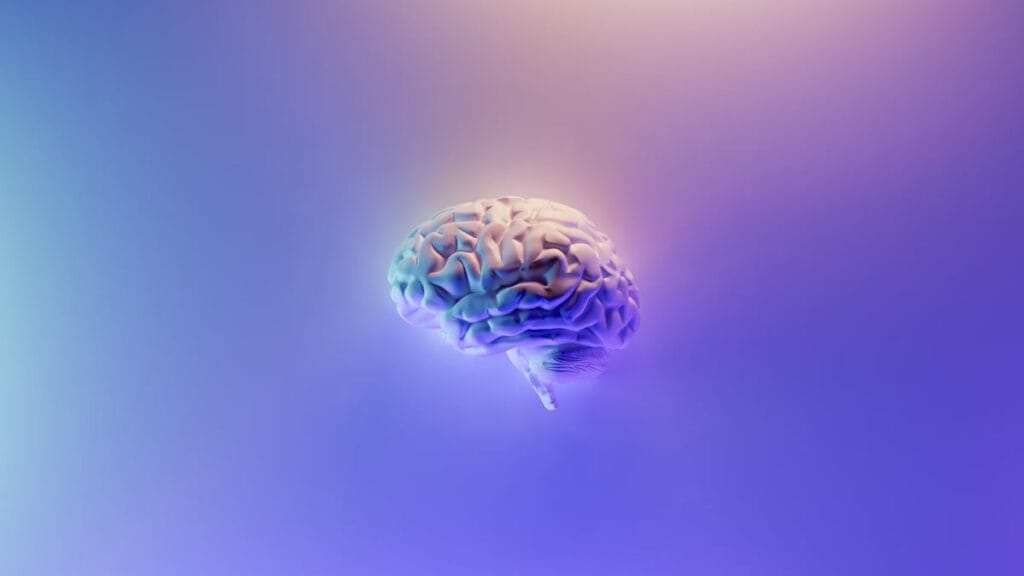The possibility of extracting memories from a deceased brain sounds like science fiction, but recent advances in neuroscience suggest it might one day become reality. Groundbreaking research on engrams—the physical traces of memories—has ignited discussions about how memories are stored and whether they could ever be retrieved post-mortem. While the technical hurdles remain immense, understanding the mechanisms behind memory storage brings us closer to answering profound questions about consciousness and identity.
The Science of Memory Storage: Engrams and Neural Networks
What Are Engrams?
Engrams are clusters of neurons that encode specific memories through synaptic connections. A landmark study in Nature revealed that engrams primarily form in the hippocampus, the brain’s memory hub, before consolidating into the neocortex for long-term storage. These networks act as scaffolding, holding fragments of experiences rather than entire memories.
Dr. Don Arnold, a neuroscientist at the University of Southern California, compares engrams to “a library’s index system—they point to where memories are stored but aren’t the memories themselves.” This distinction complicates retrieval, as reconstructing a memory requires piecing together scattered sensory, emotional, and contextual fragments.
How Memories Are Distributed
Memories aren’t static files but dynamic reconstructions. For example, recalling a childhood birthday party involves reactivating neurons in the visual cortex (for images), auditory cortex (for sounds), and amygdala (for emotions). This distributed storage system ensures redundancy but makes post-mortem retrieval extraordinarily complex.
Challenges of Retrieving Memories After Death
The Fragility of Neural Connections
When brain activity ceases, cellular decay begins within minutes. Enzymes break down proteins, and synapses—the connections between neurons—disintegrate. Without oxygen, the brain’s delicate structures degrade rapidly, erasing the very engrams that hold memory fragments. Current preservation techniques, like cryonics, remain unproven and controversial.
Technological Limitations
Even if engrams could be preserved, today’s tools lack the resolution to map and interpret them. Functional MRI scans measure blood flow, not individual neurons, while electron microscopy requires slicing brain tissue into ultrathin sections—a process that destroys the living context of memories.
Emerging Technologies: Bridging Science Fiction and Reality
Neural Mapping and AI Simulations
Future breakthroughs may rely on neural mapping technologies that record brain activity in real time. Projects like Google’s Connectome aim to map every neuron in the human brain, while AI algorithms could simulate how these networks interact. For instance, machine learning models trained on brain scan data might predict how engrams form and evolve.
| Technology | Potential Application |
|---|---|
| Advanced fMRI | High-resolution tracking of memory formation |
| Cryonic Preservation | Halting post-mortem neural decay |
| AI-Driven Simulations | Reconstructing memories from fragmented data |
Ethical Dilemmas
Retrieving memories raises thorny ethical questions:
- Ownership: Who controls a deceased person’s memories—families, governments, or corporations?
- Privacy: Could intimate thoughts be exposed without consent?
- Misuse: How might hackers or authoritarian regimes exploit this technology?
These concerns mirror debates in AI ethics, where data security and consent are paramount.
The Road Ahead: What’s Next for Neuroscience?
Collaborative Research Efforts
Institutions like the Allen Institute for Brain Science are pooling resources to decode neural circuits. Open-source projects encourage global collaboration, accelerating discoveries in neuroprosthetics and brain-computer interfaces.
Integrating Multidisciplinary Insights
Progress hinges on merging neuroscience with fields like quantum computing (for processing vast datasets) and bioengineering (for developing non-invasive brain probes). For example, ultra-thin semiconductors could revolutionize how we monitor neural activity.
Conclusion
The dream of retrieving memories from a deceased brain remains distant, but each discovery about engrams and neural networks brings us closer. While current technologies can’t overcome the brain’s biological complexity, the relentless pace of innovation offers hope. As research into chronic hives reveals unexpected immune system insights, so too might memory studies uncover unforeseen breakthroughs. For now, the memories we cherish remain uniquely ours—etched into the living brain and lost with it.

